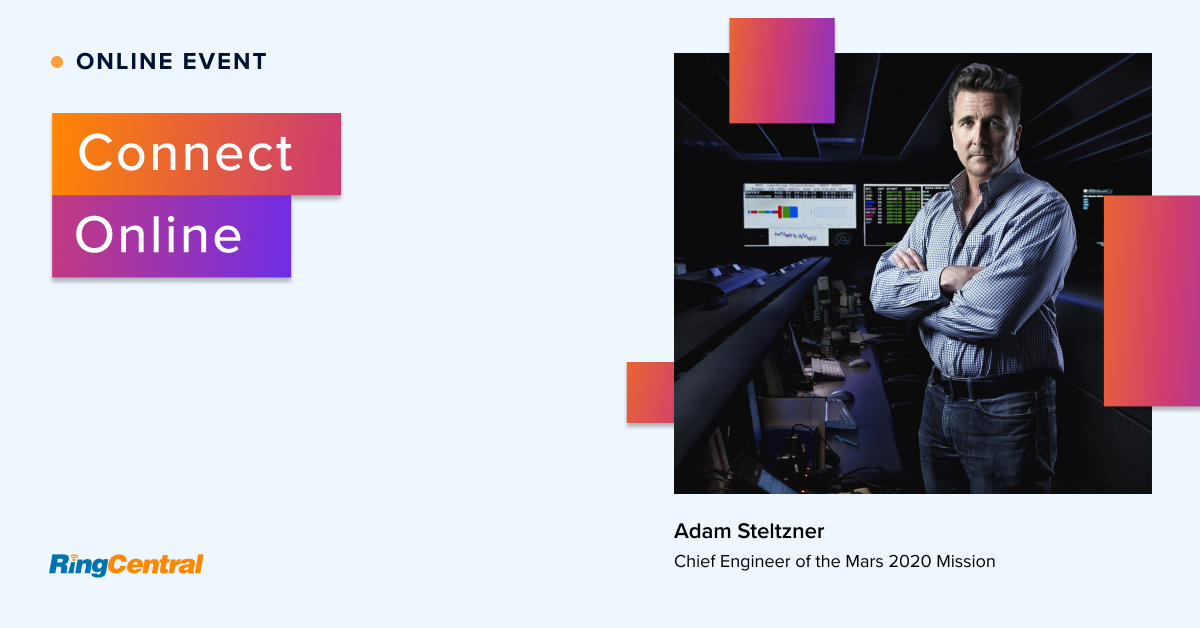How are organisations shaping the future of work?
What are the challenges and opportunities facing businesses today?
How are communication and collaboration evolving to meet the demands of the modern workplace?
Welcome to Ringside. This is where we talk leadership, technology, organisation and communication with the people who are shaping the future of work. Ringside is expanding beyond the telecommunications industry to uncover the challenges and solutions of other sectors such as financial services, retail, health & safety, and of course the public sector. Today we hear from Joe Brackenborough, Digital Transformation Manager at Thanet Council.
Joe previously occupied roles as lead technical architect in ICT and as a network and security engineer. While his background is very technical, Joe’s current priority is on Thanet Council’s business and on using technology to drive efficiency, security and usability.
What’s your role at Thanet Council and what do you love about your job?
As the digital transformation manager, I lead the digital strategy for the council moving to cloud and adopting web-based technology. I can apply my technical knowledge and experience to the task, but it’s also really important for me to consider digital strategy holistically, including details such as business process and user experience.
I love my team and my colleagues, as most people who work in the council stay because there is a sense of family and all getting stuck in to get the job done. This is even more so in our council as we don’t have much money and due to COVID-19 and other things we have little reserves. This brings us closer together as a council as we all know we want to save money and make things better for our district and the people who live here. We all think outside the box on things and as a council really have some amazing people working here.
What does the modern workplace look like to you?
My personal opinion is like Google has had their offices for years (hopefully with the slide). People work anywhere they can and they are measured on their output and not just being in the office 9-5. I think with modern technology we can work anywhere at home, on trains, busses, at coffee shops, in the office etc. We shouldn’t be tied to a location. I think the social side of the workplace will change and only seeing people over video might become the new norm. As the government decided it needed to go back to the Houses of Parliament we are in jeopardy of local and county councils having to work in traditional old fashioned ways because central governments haven’t kept up with the times. In terms of the private sector I think they have been living with agile working for a long time and really the future is just more of it.

How will our experiences over the past year change the way we work forever?
I think we have seen that we work better and longer when we are at home (when we don’t have children and pets coming in). The balance of work and home life can be hard to get right, but in the main it can give so much freedom and flexibility. I think enabling WFH as a standard for your company will in turn enable you to employ the right people from anywhere in the world. Why should a job have a geographic location, when in today’s age you can work anywhere and do anything remotely. The days of one big office for all staff will now hinder your business, not improve it.
What’s the best piece of advice you can give to a business wishing to improve its communications?
Communication needs to be concise, simple, engaging and relevant to the target audience. All staff emails are a great tool, but try to create communications which are specific to the people you are talking to. Try different communication media to engage with people: message, video, phone, WhatsApp, social media, posters, intranet, IM, email etc and see what gives the best engagement. Spoiler: it’s not email, we all have email fatigue :-).
There are so many ways to communicate these days and each method has its advantages and disadvantages. I think people inside your business always relate to personal communication like video conferencing and on-demand video as these are easy to digest and are more personable than an email. Our chief exec and directors have all-staff video conferences to give thanks to their staff and to give us updates on changes. You can ask questions and it is more engaging than text-based communication. Emails have their place and they are still a very good way of communicating important information.
I think people inside your business always relate to personal communication like video conferencing as it's easy to digest and more personable than an email. – Joe Brackenborough, Thanet Council. Click To Tweet
Different people have different communication styles and preferences. That partly depends on personality type and also follows a demographic pattern through exposure and familiarity. We’re keeping our eyes wide open to see what communication channels become the information transmission favourites of the future. With massive thanks to Joe for his time and for sharing his views, we urge you to keep your eyes open for more Ringside episodes coming soon.
Originally published Mar 31, 2021, updated Jan 16, 2023
